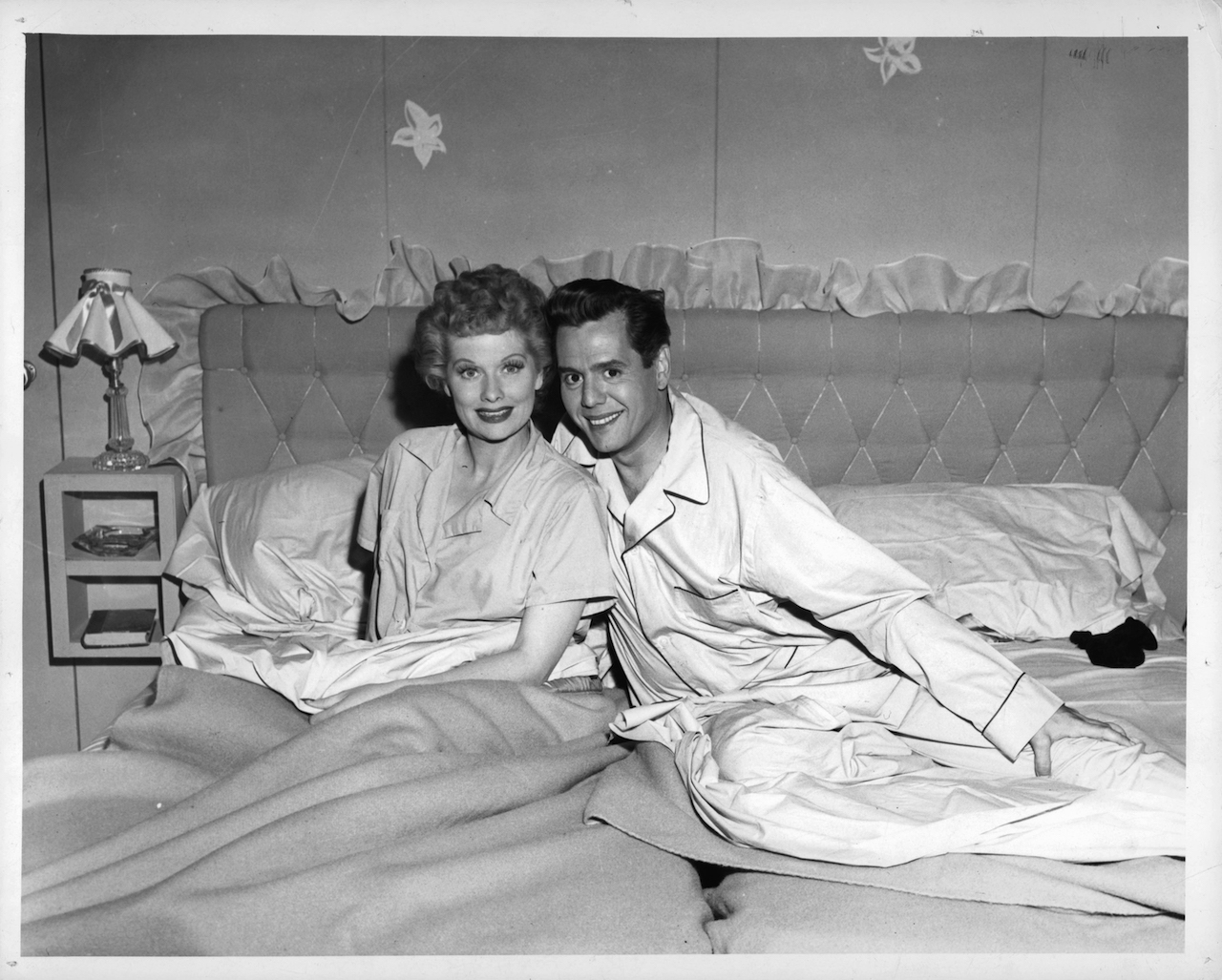‘Lucy and Desi’: Why Lucie Arnaz Said the Original Plan of the Documentary ‘Wasn’t Gonna Fly’
Lucie Arnaz was a key contributor to Lucy and Desi, the recent documentary by Amy Poehler on Hollywood icons Lucille Ball and Desi Arnaz. Knowing what mattered most to her parents, Lucie had to reject the initial direction of the film since she knew her mom “didn’t want” that specific recognition as part of her legacy.

Amy Poehler praised Lucille Ball for her off-camera talents
Poehler uncovered several details about Ball and Arnaz through her research for the documentary, including the famous redhead’s work behind the camera. Yet Ball wouldn’t take any pats on the back for anything outside of acting.
“Lucy was of a generation that probably wouldn’t call herself a writer or director or even a feminist,” Poehler told UPROXX. “Those were things that weren’t important to her and didn’t feel like when she tried them on they were right.”
Running Desilu Productions with her husband, Ball was a trailblazer as a female studio exec in the 1950s though she never called any attention to her business prowess.
“With perspective, it’s like she was the first female head of any production studio and ran it really well,” the SNL alum remarked. “And whether or not she felt like that was her true essence, she did it really well.”
Lucie Arnaz didn’t go for the first documentary idea
Lucy and Desi was produced by Ron Howard and Brian Grazer’s production company, Imagine Entertainment. According to Lucie, their original premise for the documentary was to focus on how Ball’s accomplishments broke the glass ceiling for women in entertainment. She immediately vetoed the idea, knowing her mother wouldn’t approve.
“I said, ‘That’s not gonna fly with us,’” Arnaz told the Los Angeles Times. “It seemed disingenuous because my mother didn’t really enjoy that. And she didn’t ask for that. She didn’t want that. And she got rid of that as quick as she could. So I said: If you start up that road, you’re gonna hit a wall.”
Although Ball advocated for women and became a mentor for many in the industry, the comedy icon preferred to be known for her other achievements. Lucie shifted the direction of the documentary to her parents’ love story.
“We finally decided what the focus should be — the relationship between the two of them and how brilliant it was, and this amazing thing they created,” she explained. “But how come they couldn’t make it work? Because they did stay together [as] soulmates for a long, long time — until they died, basically.”
‘Lucy and Desi’ is ‘very moving’
Lucie commended Poehler’s adaptation of her parent’s love story and praised the director for bringing out such strong emotions with viewers.
“There’s so much love in this film,” Lucie raved. “Oh my God, you can’t not be totally moved. People I’ve shown it to, they can’t speak for a few minutes afterwards. It’s very moving. And there’s so much love, which is incredible, because there was incredible sadness — not everything turned out like a happy ending. It wasn’t a ‘once upon a time.’
She added, “This world needs love. It really needs to see things that are full of unconditional love at this moment on our planet. And I think that it’s kind of a miracle that Lucy and Desi or I Love Lucy or some form of that combination pops up into our consciousness when we need it the most.”


